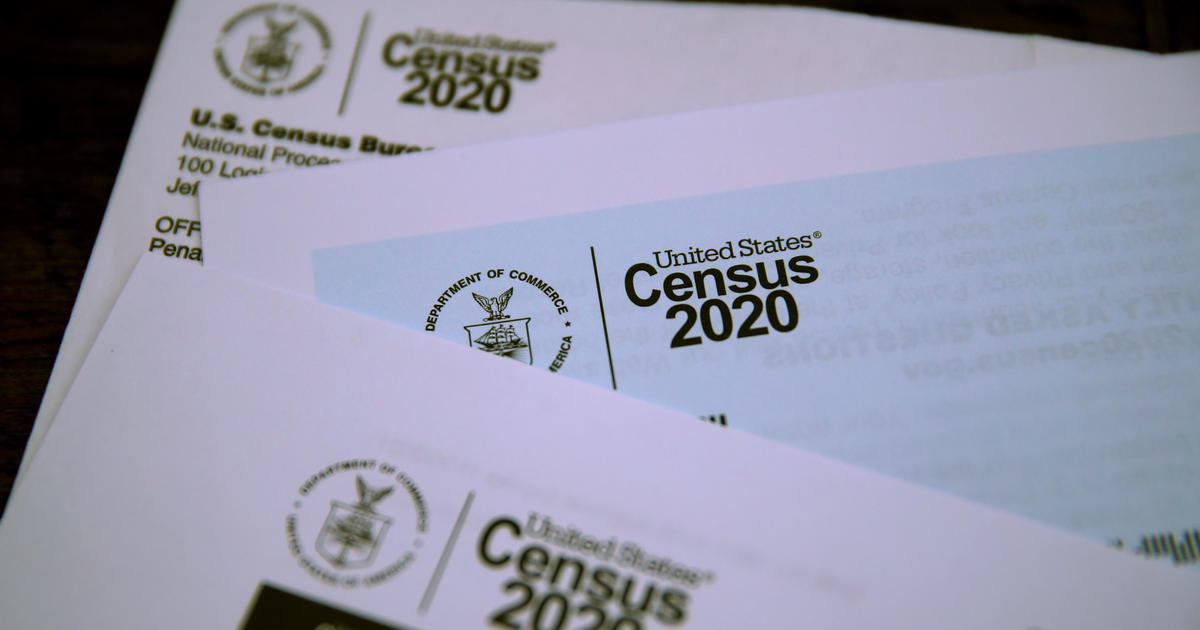
President Trump issued a directive on Tuesday directing the United States Census Bureau not to count undocumented immigrants for the purpose of distributing seats in the House of Representatives, targeting states like California, Texas, and New York. with large communities of residents lacking legal immigration status.
Trump’s authority to exclude unauthorized immigrants from calculations made after each census to determine how many representatives each state should have in Congress is unclear, and Tuesday’s order is expected to face judicial challenges. However, if enacted, the policy could have a seismic political impact, as states can win or lose House seats every 10 years after the census, depending on how their populations compare to others.
US census data is also used to allocate federal resources to state and local communities.
The United States has long counted noncitizens, regardless of immigration status, for the purpose of congressional partition. The Constitution says that each state must have at least one representative, and that the distribution of others must be based on an enumeration of the population.
Until the fourteenth amendment was ratified in the 1860s, enslaved African-Americans were counted as three-fifths of one person for Congress. American Indians “not taxed” were excluded until 1940.
The fourteenth amendment also requires the enumeration of “the total number of people in each State”. In his Tuesday order, Trump said that since “people” is undefined, he has the “authority to exclude aliens who are not in a legal immigration status from the distribution base.” Doing so, he added, would uphold the principles of representative democracy.
“Current estimates suggest that a state is home to more than 2.2 million illegal aliens, making up more than 6 percent of the entire population of the state,” said the Trump memo, presumably referring to California, the state with the largest community of undocumented immigrants in the country. “The inclusion of these illegal aliens in the state’s population for the purpose of distributing them could result in the allocation of two or three more seats in Congress than would otherwise be allocated.”
Tuesday’s order is part of a concerted campaign by the Trump administration to fundamentally change the way the United States government conducts its census every 10 years.
The Trump administration first proposed including a question about US citizenship during the 2020 census in March 2018. But its efforts, which it said was aimed at enforcing the Voting Rights Act of 1965, caused a number of challenges that ended with the Supreme Court, which prevented the administration from adding the question in time for the questionnaires to be printed.
During litigation over the question, it was revealed that Thomas Hofeller, a now-deceased conservative political operative, played a role in helping the administration work out the rationale for adding the citizenship question, which he said in a 2015 study that would allow officials draw elections advantageous maps for “Republicans and non-Hispanic whites”.
The House Oversight Committee, led by Democrats, announced it would hold an emergency hearing next week on Tuesday. Its president, New York Congresswoman Carolyn Maloney, called the president’s order a “heinous and sinister” attempt to depress the ongoing census count.
Dale Ho, the attorney for the American Civil Liberties Union who questioned the citizenship issue in the superior court, said a new lawsuit against Tuesday’s directive could be in process.
“The Constitution requires that everyone in the US be counted in the census. President Trump cannot choose. He tried to add a citizenship question to the census and lost in the Supreme Court,” Ho said in a statement. “His latest attempt to weaponize the census for an attack on immigrant communities will be unconstitutional. We will see it in court and win again.”
.